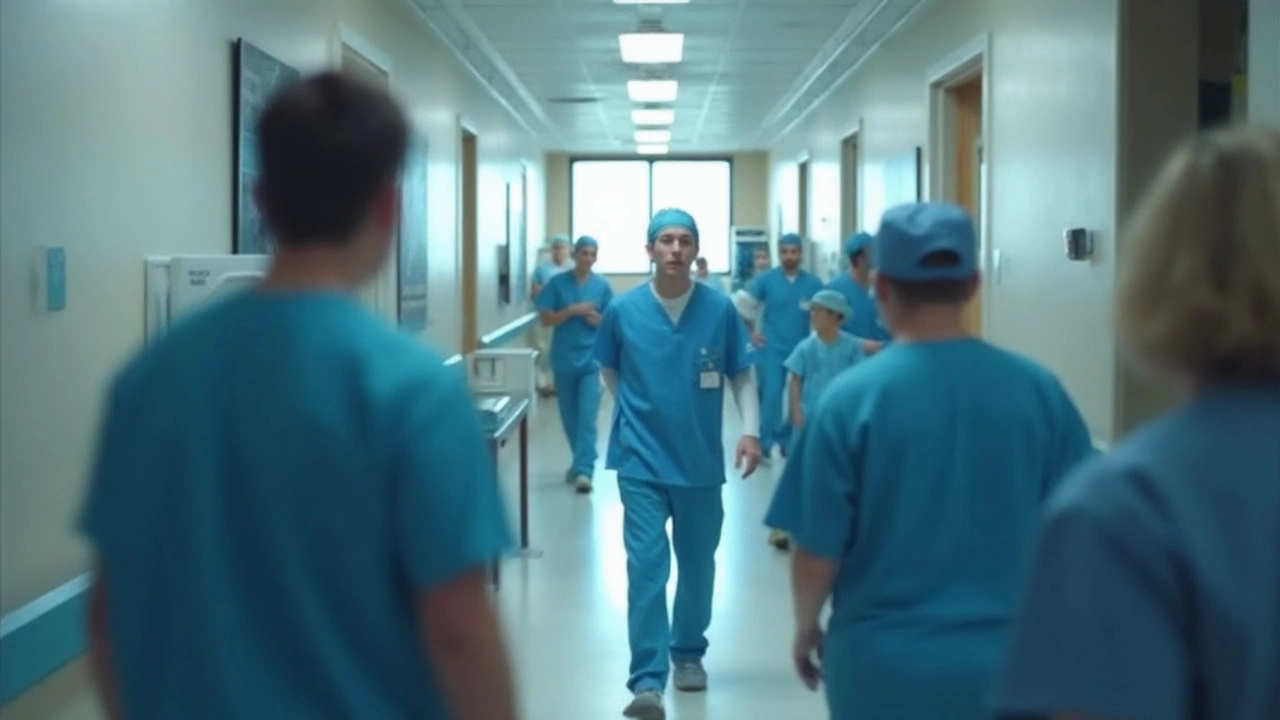This winter, English hospitals are confronting an unprecedented challenge as they record the highest number of norovirus cases in years. The recent NHS England data reveals an alarming average of 1,160 daily hospitalizations last week, which equates to a 22% increase compared to the previous period and more than twice the number from the same time last year. This surge in norovirus cases is severely straining hospital resources already beleaguered by flu, RSV, and COVID-19 admissions.
Professor Sir Stephen Powis, the National Medical Director for NHS England, paints a stark picture of the current situation. He has called for public vigilance, urging individuals to diligently wash their hands with soap and water and to avoid social interactions until they have been symptom-free for at least 48 hours. Amy Douglas, a Lead Epidemiologist at the UK Health Security Agency, echoed these sentiments, highlighting that alcohol-based hand sanitizers are ineffective against norovirus. She also stressed the importance of using bleach-based products for thorough cleaning of surfaces.
While norovirus cases surge, there has been a slight decline in flu-related hospitalizations, with figures showing about 1,755 daily patients. However, the scenario isn't entirely comforting as cases of respiratory syncytial virus (RSV) among children have seen a dramatic 83% weekly increase. Hospital capacity remains at a dire 95.4% occupancy, made worse by delayed discharges occupying approximately one in seven beds. This congestion means patients who no longer require hospital care are unable to leave, further straining the system.
The situation with ambulance services also presents challenges, although there is a marginal improvement since early January. Currently, 29.1% of patients are waiting more than 30 minutes for handover from ambulances, a number that still requires significant attention. Health Secretary Wes Streeting has acknowledged these ongoing winter pressures and emphasized the importance of vaccination efforts to mitigate the impact of flu and COVID-19. Meanwhile, Rory Deighton from the NHS Confederation criticized the persistent issues in social care funding that continue to impact patient flow, arguing that without adequate resources, the pressures on hospitals will remain unrelenting.
Amid this taxing environment, healthcare officials are urging the public to follow strict hygiene measures to help manage the spread of these viruses. The integration of improved social care funding is seen as vital to ease patient discharge and free up much-needed hospital capacity during these trying times.
